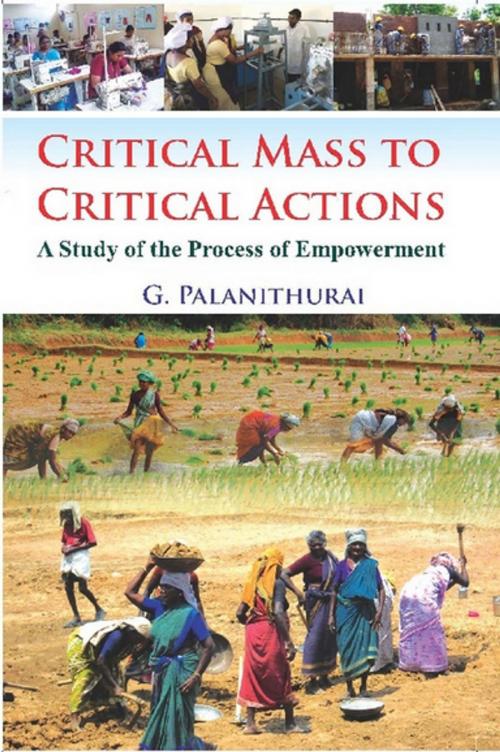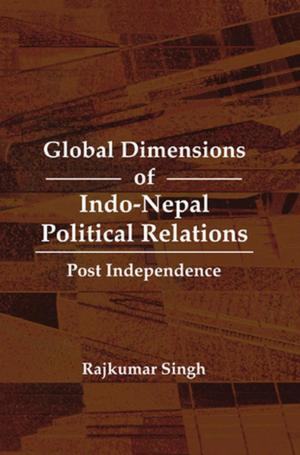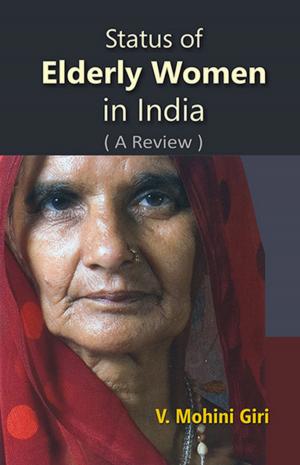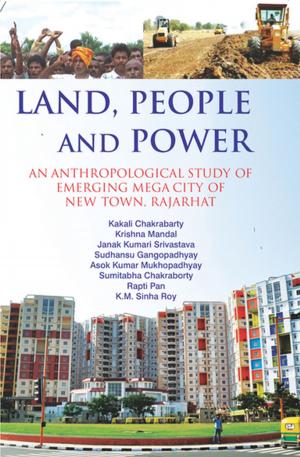Critical Mass to Critical Action
A Study of the Process of Empowerment
Nonfiction, Social & Cultural Studies, Political Science, Government, Public Policy| Author: | G. Prof. Palanithurai | ISBN: | 9788121250368 |
| Publisher: | Gyan Publishing House | Publication: | June 30, 2016 |
| Imprint: | Gyan Publishing House | Language: | English |
| Author: | G. Prof. Palanithurai |
| ISBN: | 9788121250368 |
| Publisher: | Gyan Publishing House |
| Publication: | June 30, 2016 |
| Imprint: | Gyan Publishing House |
| Language: | English |
This book is the outcome of a major research project conducted in rural Tamil Nadu with the support of the Indian Council for Social Science Research on the conditions of the elected women representatives and their performance in the rural local bodies, specifically on the critical developmental issues. The whole research investigation was undertaken in the backdrop of the empowerment framework developed by Ruth Alsop. By using a well constructed interview schedule, data have been collected from the respondents (Elected Women Representatives). The data, thus collected, have been analysed by using appropriate statistical tools. From the analysis one could infer the conditions of the elected women representatives, state of affairs at the institutions of local governance and the problems faced by the elected women representatives. Further, it brings to light the major achievement they have made in their new found responsibility. In the obtaining scenario, this study attempts to capture and highlight the gap between the existing capacity and expected capacity of the elected women representatives in the discharge of the duties and responsibilities assigned them.
This book is the outcome of a major research project conducted in rural Tamil Nadu with the support of the Indian Council for Social Science Research on the conditions of the elected women representatives and their performance in the rural local bodies, specifically on the critical developmental issues. The whole research investigation was undertaken in the backdrop of the empowerment framework developed by Ruth Alsop. By using a well constructed interview schedule, data have been collected from the respondents (Elected Women Representatives). The data, thus collected, have been analysed by using appropriate statistical tools. From the analysis one could infer the conditions of the elected women representatives, state of affairs at the institutions of local governance and the problems faced by the elected women representatives. Further, it brings to light the major achievement they have made in their new found responsibility. In the obtaining scenario, this study attempts to capture and highlight the gap between the existing capacity and expected capacity of the elected women representatives in the discharge of the duties and responsibilities assigned them.















